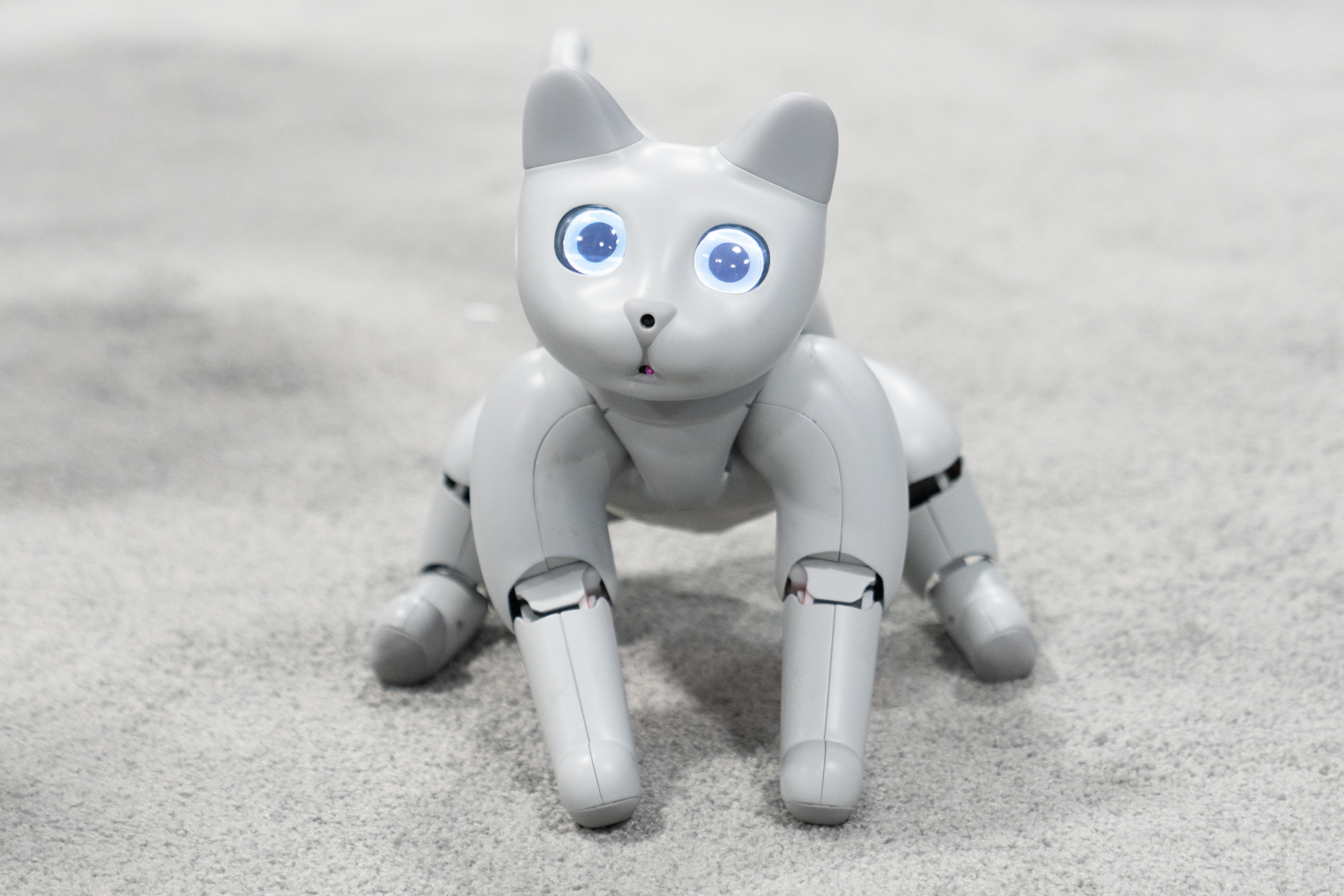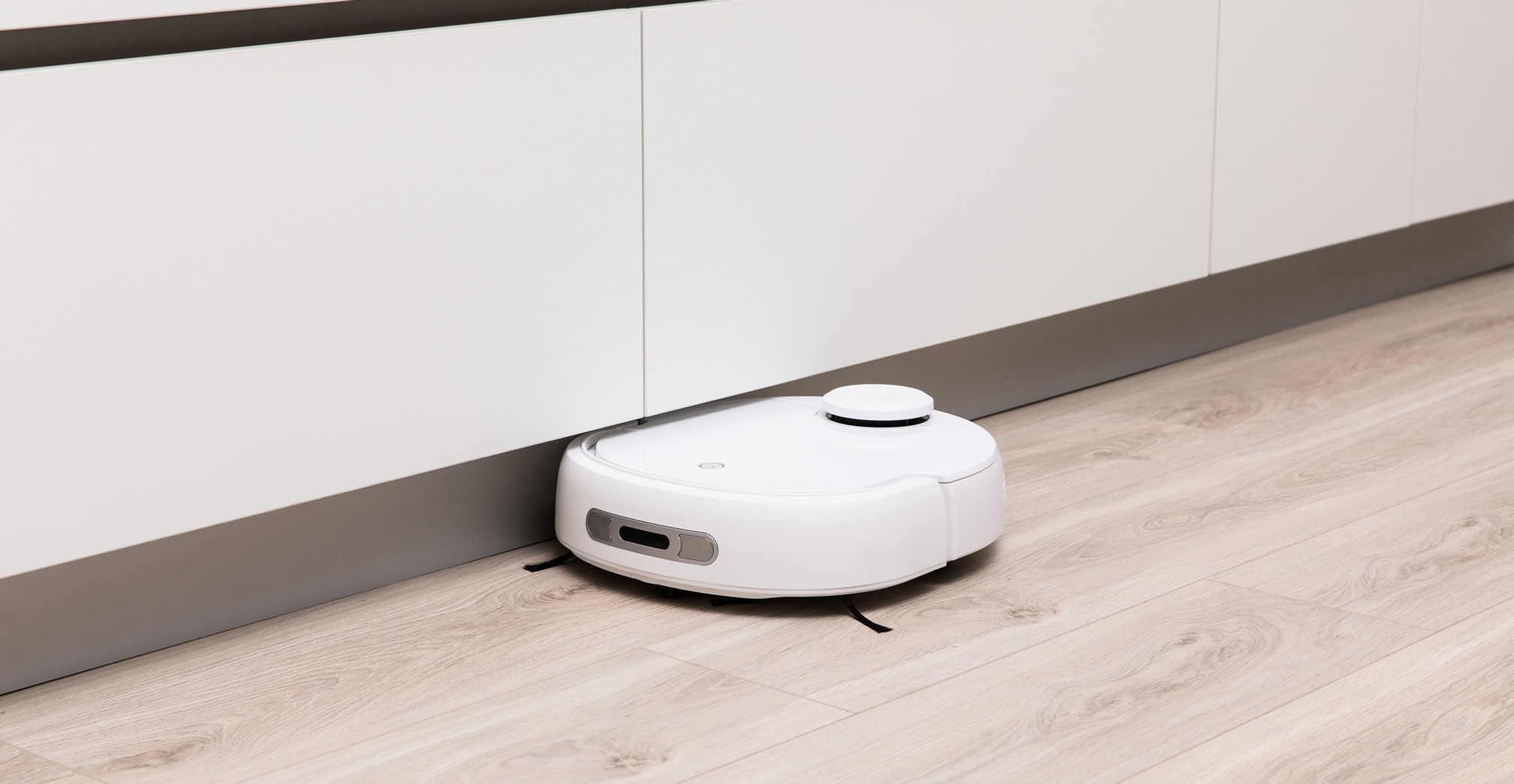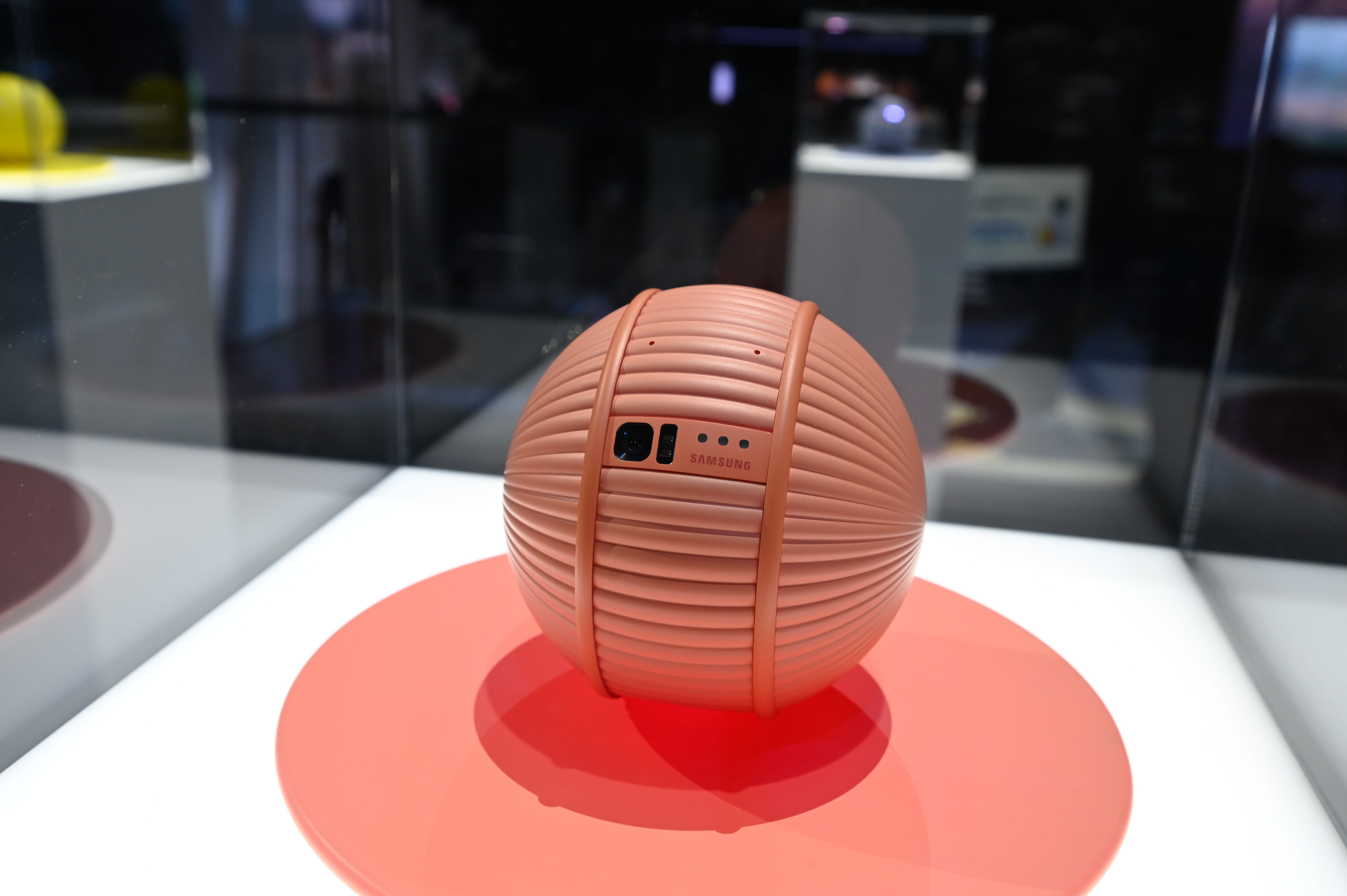Robots were everywhere at CES, as has been the case for at least a decade. But there’s a different tenor to the robots shown off at the recent annual consumer tech event: they’re designed for home use, and they’re shipping products, not just concepts intended strictly for trade show glam.
Home robots have already had a few false starts, including some high-profile flare-outs like Anki and previous CES darling Kuri (despite the backing of global technology giant Bosch). But other robots, including autonomous vacuums, have already carved out niches for themselves within the domestic milieu. Between slow-burn but now mature categories and the sheer volume of newer products jumping in to establish new beachheads, it now seems certain we’re on a path at the end of which lie hybrid companion and functional robots that will become common household items.
Industrial to residential
One of the biggest signs that home robotics is gaining credibility as a market is the fact that companies which have found success in industrial technology are branching out. At CES, I spoke to Elephant Robotics founder and CEO Joey Song, who was at the show demonstrating MarsCat, a fully developed robotic cat designed to be a companion pet with full autonomous interactivity, similar to Sony’s Aibo.
 Song and Elephant Robotics aren’t consumer tech specialists, however — the company builds robots designed to work collaboratively with humans in workplace settings, including labs and factories. Their primary business, which counts numerous high-profile clients since their founding in 2016, is all about building the kinds of robotic arms that are the bread and butter of much larger competitors, including German giant ABB.
Song and Elephant Robotics aren’t consumer tech specialists, however — the company builds robots designed to work collaboratively with humans in workplace settings, including labs and factories. Their primary business, which counts numerous high-profile clients since their founding in 2016, is all about building the kinds of robotic arms that are the bread and butter of much larger competitors, including German giant ABB.
Despite finding success in the industrial sector, Elephant Robotics is branching out into a much more fickle market with a very different, much more feline robot. MarsCat benefits from Song and his company’s solid technical robotic bona fides, with amazing articulation and features that include natural, realistic interactivity driven by voice and image recognition systems.
Elephant is using Kickstarter to drive consumer interest in MarsCat, which will retail for around $1,000 and which has already surpassed its funding goal. Song told me that while Elephant is very happy with the progress his company has made with its commercial business, home robotics — and specifically companion robots — present an entirely different and new kind of opportunity with the potential to reach even more people and have a direct impact on their lives.
At $1,000 as its expected retail price, MarsCat also offers a whole new level of affordability for this kind of complex, multi-featured robotic pet. Sony’s latest Aibo is $2,800, a high barrier to entry for the average consumer. Your average household probably still isn’t going to plunk down even $1,000 for a pet — robotic or not — but it’s definitely a much more achievable price point.
MarsCat will also be open and fully programmable, which is again not something that everyone will want to take advantage of. But home robots that are both approachable and offer the opportunity for deeper engagement and learning, especially for younger users with an interest in robotics, opens up the potential for more long-term adoption and a closer linkage between people and robots in the home.
Established categories gain credible competitors
One of the stickiest categories when it comes to home robots is robotic vacuums. It’s not a new product category: iRobot’s Roomba, the clear leader in the space, has been around since 2002. But CES now plays host to a range of competitors from at least a dozen companies, many of which have earned favorable reviews from press and users.
Some highlights from this year include Eufy’s RoboVac G30 Edge, the Trifo Lucy (which also acts a roving home security camera) and Narwal’s T10, which includes self-cleaning and can both mop and vacuum at the same time.
 The trend for these robots, which have had a long time in terms of development to improve at their core task of making repeated passes over a defined and bounded area, is to add on additional features and functionality. Robot vacuums are a prime candidate for layering in additional home robotics capabilities, since they’ve already gained purchase in people’s homes, half the challenge for many domestic bots.
The trend for these robots, which have had a long time in terms of development to improve at their core task of making repeated passes over a defined and bounded area, is to add on additional features and functionality. Robot vacuums are a prime candidate for layering in additional home robotics capabilities, since they’ve already gained purchase in people’s homes, half the challenge for many domestic bots.
Trifo’s camera is a good example of turning vacuum robots into more multifunctional devices. The issue is that there’s also been some blowback about potential access to these kinds of features by malicious actors: a similar feature used by Dongguan’s Diqee 360 robot vacuum was exploited by hackers in a 2018 incident.
Still, it seems likely that as the category grows, more and more iRobot competitors will differentiate with add-on features, and that will make roving robot cleaners one more vector for at home automatons.
Big companies flex
 Some of the largest companies at CES made interesting announcements around home robotics, too. One of those was Samsung, which revealed the ‘Ballie’ at the event as part of its approach to intelligent robotics. Ballie is aptly named, since it’s effectively just a ball, albeit one that can propel itself around your home while also acting as a “companion” and smart digital assistant.
Some of the largest companies at CES made interesting announcements around home robotics, too. One of those was Samsung, which revealed the ‘Ballie’ at the event as part of its approach to intelligent robotics. Ballie is aptly named, since it’s effectively just a ball, albeit one that can propel itself around your home while also acting as a “companion” and smart digital assistant.
Ballie is equipped with a camera that it uses to recognize users and provide home security features. The intent is to eventually have the robot ball make use of onboard artificial intelligence to recognize and interact with members of the household in personalized and meaningful ways. Think Star Wars droid levels of companionship and convenience.
Samsung showed up with plenty of robots last year as well, though most of them looked more like Wall-E and less like BB-8. The company is clearly evolving its outlook, and Ballie comes much closer to something that will actually ship, since it is practical technology that effectively amounts to a rolling Echo smart speaker vs. anything more complex. The company still didn’t reveal any info about pricing or availability, however, so this may still be a year of iteration and refinement vs. go-to-market.
Ready for a more recognizably robotic home?
If you look at the examples listed above, most of the home robots that showed up at CES this year look a lot like existing gadgets and devices we already own and use. The truth is that the home robot revolution is already in full swing, but that it’s going to be much more gradual and iterative than many likely believed previously.
Smart speakers, smart displays, smart security camera and smart vacuums are all the heralds and footholds of the coming domestic robot revolution. What comes next, and what was clearly on display at CES, was a more recognizably ‘robotic’ face that will eventually show up in our home spaces. Past false starts and branching experiments, including those like Anki and Kuri, helped set the guideposts — and now 2020 looks like the year consumers finally start to embrace the robotic home in earnest.































Comment